Starting a Business in the Cook Islands: The Ultimate Guide 2025
January 8, 2025
Would you like to start a business in the Cook Islands? Going offshore is one of the best asset protection tools at your disposal. Our in-depth guide gives you the lowdown on starting an offshore company in the Cook Islands.
By establishing a Cook Islands limited liability company (LLC), you are taking another step towards financial freedom. The Cook Islands is an offshore financial destination distinguished by its asset protection laws. The local government is focused on representing the interests of foreign Cook Island investors.
Investors often combine a Cook Islands LLC with a Cook Islands international trust for the purposes of asset protection. This is because the Cook Islands offers solid asset protection law, and its banks are also good for depositing funds.
Cook Islands Country Overview
The Cook Islands are the peaks of underwater mountains in the South Pacific Ocean. These 15 tiny atolls and islands form a self-governing state in free association with New Zealand. They are almost directly south of Hawaii.
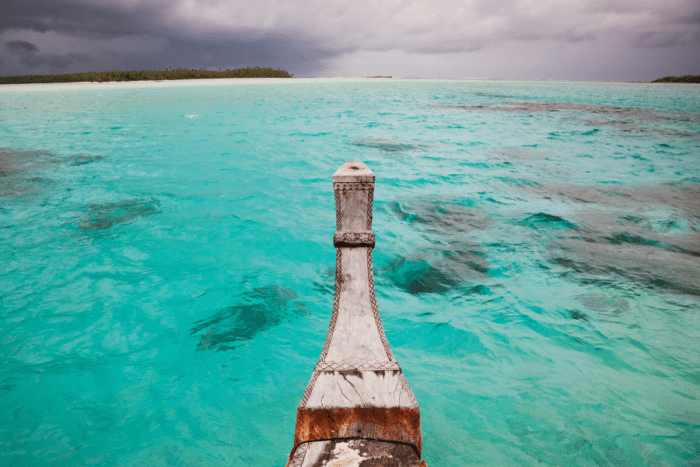
Cook Islands – Climate
The southeast trade winds ensure moderate temperatures all year round. There are no clearly defined seasons. Average annual temperatures on the Cook Islands extend from the mid-70s in the southern island of Rarotonga to the low 80s in Penrhyn, the most northerly island.
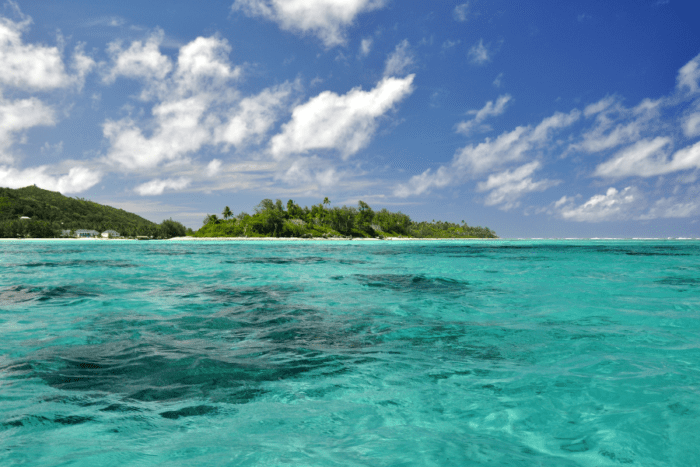
Cook Islands – Culture
Although the Cook Islands were named after British explorer James Cook who visited them in the 18th century, Polynesian voyagers discovered and settled them over 800 years earlier. The Cook Islands are self-governing in free association with New Zealand. They are fully responsible for internal affairs, while New Zealand oversees external affairs and defense as a result of consultation with the Cook Islands.
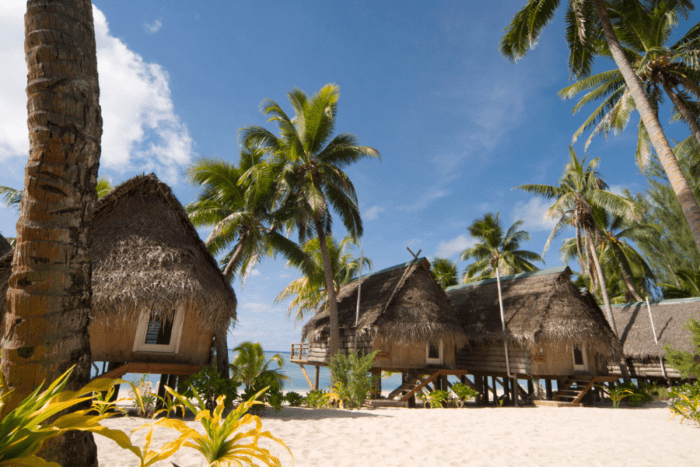
Cook Islands – Economy
Cassavas and sweet potato are the main cash crops on the islands, and they are consumed domestically, too, although any catches of the day remain local property. Tourists come from Europe, North America, and Oceania, and international finance is booming. The New Zealand dollar is the Cook Island currency.
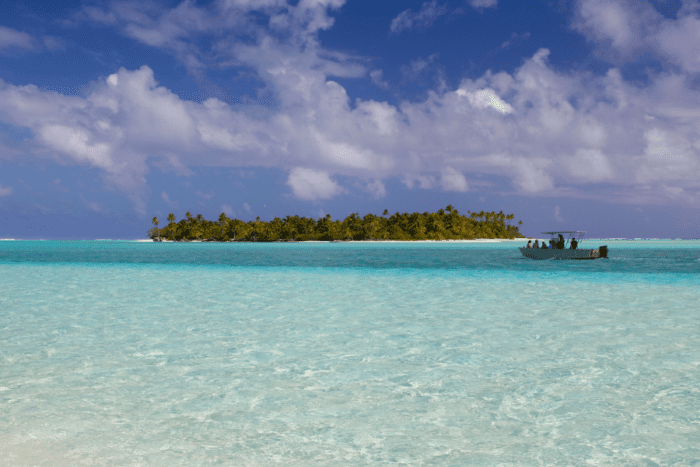
Benefits of Setting up a Company in the Cook Islands
King Charles III is the head of state of this Commonwealth country, and English is an official language along with Cook Islands Maori. It has a similar parliamentary structure to that of the UK. The Cook Islands is also an English common law jurisdiction.
You can set up a company in the Cook Islands relatively easily, and there is an exclusive economic zone. You can have a minimum of one shareholder, and there is no maximum number. There are no minimum capital requirements, and you don’t have to prepare annual accounts, appoint an auditor, or disclose any information to any Cook Islands authority.
The Cook Islands has no capital gains tax, inheritance tax, stamp duty, capital transfer tax, gift tax, or wealth tax. There is an income tax exemption for assets and income generated outside the Cook Islands. Tax residents pay an income tax at a maximum rate of 30% on income above $NZ24,000.
Become a Nomad Capitalist client, and we will let you know if now’s a good time for you to incorporate in the Cook Islands.
Cook Islands Company Formation Requirements
The five integral pieces of Cook Islands law relating to international offshore companies and services are:
- The International Companies Act 1981-82
- The International Trusts Act 1984
- The Incorporated Societies Act 1994
- The Limited Liability Companies Act 2008
- The Cook Islands Companies Act 2017.
The 2017 Companies Act was a proactive way to improve the Cook Islands’ offshore sector offer. 2021 brought a short amendment to the newest Companies Act. As a result of the 2017 law, the country introduced an electronic registry system for company filings. All filings submitted to the Registrar are online, and the Registrar no longer accepts paper filings.
Under the old Cooks Islands law, establishing new legal entities used to be more complicated. It was made more difficult by requiring the submission of numerous documents, including the following:
- Memorandum of Association
- Articles of Association
- Registration of Registered Office
- Particulars of Directors and Secretaries
- Declaration of Compliance.
The new Companies Act 2017 only requires a company constitution. A new company is provided with a broad foundation to draft its own constitution, which means you can craft a flexible operating agreement.
The Cook Islands have eliminated rigid legal, statutory mandates, allowing you to create corporate structures that are ideal for you.
Three standard constitutions remain if you want to establish a more traditional Cook Islands business. These are based on the number of shareholders in the company:
- A sole shareholder constitution
- A constitution for companies between two and nine shareholders
- One for companies with more than ten shareholders.
There is a residency requirement for directors. At least one director must live in the Cook Islands or New Zealand. If they live in New Zealand, they must also be a domestic New Zealand company director.
An application for the incorporation of a Cook Islands company costs $NZ75, and there is a $NZ50 fee to file an annual return which increases to $NZ200 if filed more than one month after the due date.
If you seek registration for an overseas company, you will have to pay $NZ500, and the cost of filing an annual return for an overseas company is $NZ300, which rises to $NZ500 if you file later than one month after the due date.
To incorporate a new company or register an overseas company online, you must first set up a client account with the company registry. Then you can access an application form to either register a Cook Islands company or register an overseas company. The only information you need to provide is the following:
- A proposed company name in English that cannot be the same or nearly the same as a name already in use by another registered entity
- Company contact details, including the address of the registered office and principal place of business.
- The names of all the company’s directors and shareholders.
If you are a foreign enterprise, you must provide a BRIB Certificate. After you submit your application, it is sent to the Registrar for review. If they approve your application, you will receive a Certificate of Incorporation via email. If there are any queries about your application, a Registrar will ask them in an email.

Cook Islands Company Formation Conclusion
The official languages are English and Cook Islands Maori. So, you can easily follow the online instructions for registration of a new Cook Island LLC. It’s also possible to incorporate an international company set up in other countries. The process is marked by the absence of rigid legal, statutory mandates thanks to the aforementioned structural flexibility.
The asset protection services are the big sell, however. There are tax advantages to incorporating here. The Cook Islands Companies Act 2017 further simplified the registration process previously laid out in the Limited Liability Companies Act 2008.
One of the major drawbacks is that starting a business in the Cook Islands prevents you from opening a corporate bank account in any decent jurisdiction.
Go Where You’re Treated Best
A Cook Island LLC makes a lot of sense. You have control over the operating agreement, and there are tax benefits. But opening a limited liability company elsewhere may result in even greater asset protection.
Our CEO, Andrew Henderson, established Nomad Capitalist so that you can put the theory of carpe diem into action. After all, it’s “better to be years early than be a day late.”
Find freedom and prosperity when you go where you’re treated best.
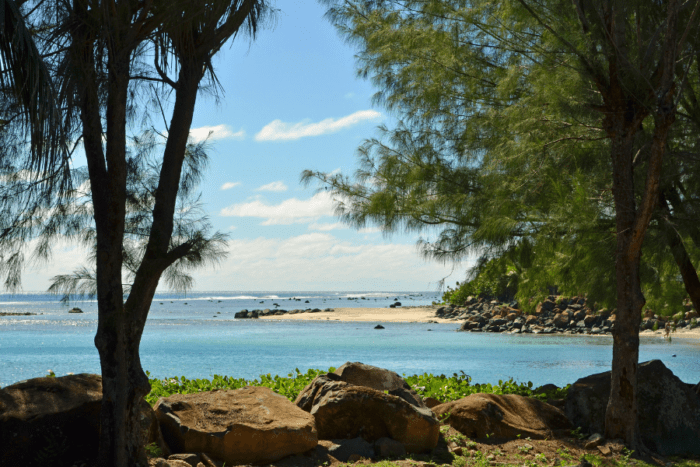
Cook Islands Company Formation FAQ
Yes. The Business Trade Investment Board accepts applications from both local and foreign investors.
First, you’ll need to collate the required information, such as the proposed company name, in English. Then, you complete the online application. Finally, you will receive a certificate of incorporation.
Yes. There is a free zone area covering all the islands. That’s nearly 1.25 million square miles of the Pacific Ocean.
We offer much more than limited liability company advice. Our holistic plans cover everything, from opening a bank account to dealing with accounting records. We take a Swiss army knife to the red tape.


Does Puerto Rico Pay Taxes to the US?
It’s a common question and one that often fuels confusion, debate, and a fair share of misinformation – Do residents of Puerto Rico actually pay US federal taxes? When most people think of US tax obligations, they naturally assume they apply uniformly across all US citizens. But when it comes to Puerto Rico, things are […]
Read more

Zug Canton Taxes: The Ultimate Destination for Wealth Management in Switzerland
Switzerland’s global reputation is built not just on stunning views of Alpine peaks and serene lakes but also on a foundation of exceptional quality of life, world-class infrastructure and investor-friendly tax policies. The results speak for themselves: efficient public transport seamlessly links cities and villages; the standard of living regularly ranks among the highest in […]
Read more

How Smart Investors Use Venture Capital to Build Wealth
Big companies like Google, Amazon, Facebook and Apple all started out as bold ideas backed by venture capital. Decades later, the same firms are household names, as familiar to most people as electricity, the internet, or the telephone. But hindsight is a fickle friend. The truth is, it wasn’t always so obvious they’d succeed. These […]
Read more




